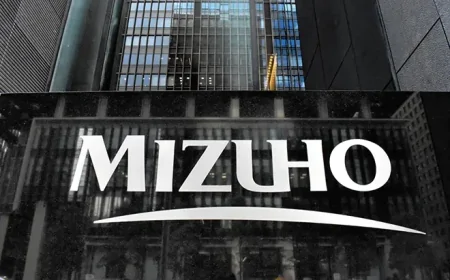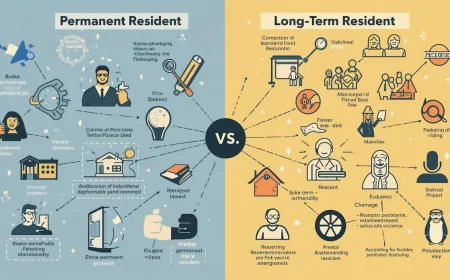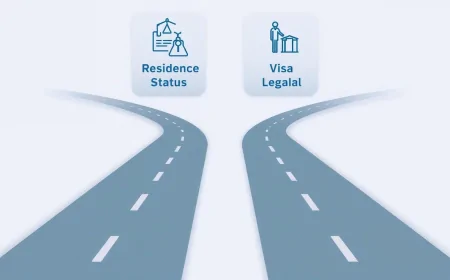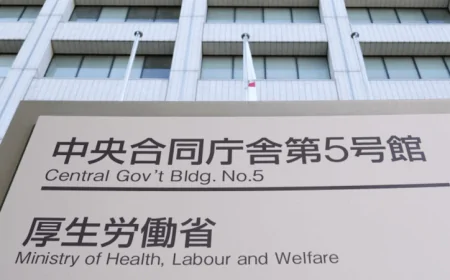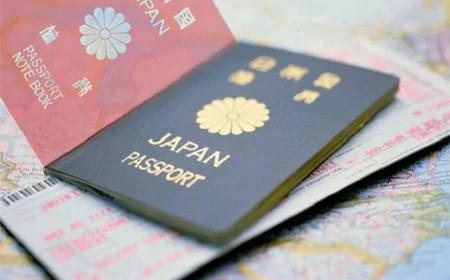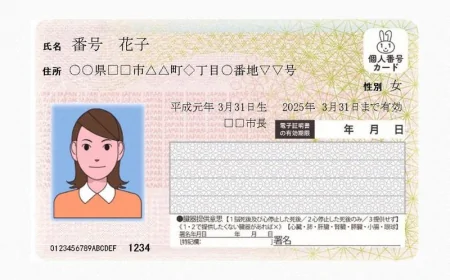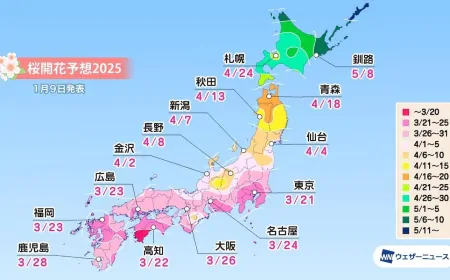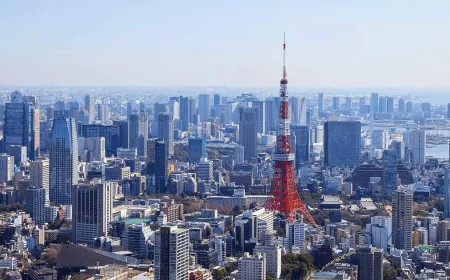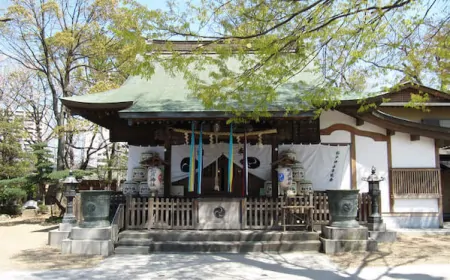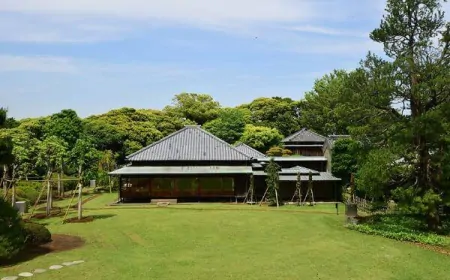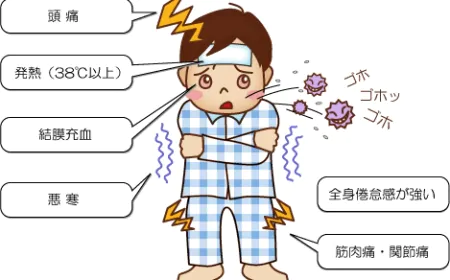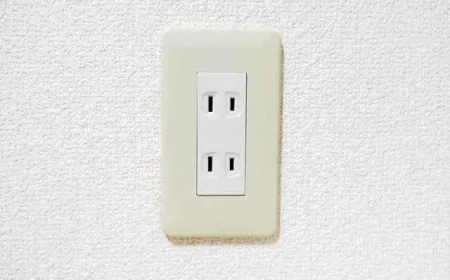Specific working regulations in companies in Japan
There are specific working regulations in companies in Japan that are designed to ensure a fair and productive work environment.

These regulations are enforced by the government and are considered an integral part of Japanese work culture. Here are some of the specific working regulations that you should be aware of:
1. Working Hours
Japanese companies have strict working hours, and it is common for employees to work long hours, including overtime. The standard working hours are 8 hours per day, and 40 hours per week, but many companies require their employees to work more than this. However, there are legal limits to the number of hours that an employee can work in a week, and employers are required to pay overtime rates for any hours worked beyond the legal limit.
2. Paid Leave
All employees in Japan are entitled to paid leave, including annual leave and sick leave. The amount of paid leave that an employee is entitled to varies depending on their length of service with the company. Employers are required to provide at least 10 days of annual leave after an employee has worked for six months, and the amount increases with the length of service.
3. Overtime and overtime on holidays
Working hours in accordance with the law
- No more than 8 hours/day and 40 hours/week
- Have at least 1 day/week or 4 days/4 weeks
Working longer than the legal working hours is called “overtime”.
Regulations on overtime: No more than 45 hours/month and 360 hours/year
When the amount of work is too much, it is allowed to work overtime outside this regulation. For details, please contact the Department of Labor for answers.
When working overtime on a day off or night shift, the salary will be higher.
① If you work more than 8 hours/day or 40 hours/week, the salary will be 1.25 times or more.
② At large companies (all companies from April 1, 2023), the salary for working over 60 hours/month is 1.5 times or more.
③ The salary when working on a day off is 1.35 times or more.
④ The salary when working from 10 pm to 5 pm is 1.25 times or more.
Overtime at midnight (① + ④) salary 1.5 times or more.
4. Special leave
Vacation before and after giving birth
Female employees can take prenatal leave provided that they notify the company of the leave 6 weeks before the baby is born (before 14 weeks for twins or more). Postpartum leave is 8 weeks.
During the leave period, you will receive a “birth allowance” from your health insurance.
Child care leave
Parents working at the company can take leave for the reason of taking care of their children.
The maximum rest period is until the child is 1 year old.
During the time off, they will receive “Child care leave allowance” from labor insurance.
Sick leave
What is “sick leave”: Taking leave from work for the reason that you need to take care of a loved one who has difficulty in daily life due to old age or illness is called a sick leave.
If you have a family member who needs long-term care, you can take time off work to take care of them for no more than 93 days. The sick leave period can be broken down into up to 3 breaks.
When you take a leave of absence to take care of your illness, you will receive “Sick leave allowance” from your labor insurance. (Not more than 67% of salary)
5. Health and Safety
Japanese companies are required to ensure that the workplace is safe and healthy for their employees. This includes providing protective equipment, conducting regular safety checks, and following safety guidelines.
6. Employment Contracts
Employment contracts in Japan are typically long-term and may include provisions for bonuses, promotions, and benefits. These contracts are legally binding, and employees are required to adhere to the terms outlined in their contract.
7. Equal Opportunity
Japanese companies are required to provide equal opportunity for all employees, regardless of their gender, race, or nationality. Discrimination is strictly prohibited by law, and companies are required to take steps to prevent it.
8. Retirement Age
In Japan, the retirement age is typically 60, although many companies are starting to raise the retirement age. Employees are entitled to retirement benefits, and employers are required to provide these benefits to their employees.
In conclusion, Japanese companies have specific working regulations that are designed to protect employees and ensure a fair and productive work environment. Understanding these regulations is important for anyone who is planning to work in Japan, as it will help them navigate the workplace culture and contribute to their company's success.
記事に関連する商品








